Cutting Regulations to Boost Recycling? Yes, Really.
- Andrew Langer

- Jun 5, 2025
- 3 min read

When Americans hear that the Environmental Protection Agency (EPA) is scaling back regulations, the media narrative is almost always the same: deregulation equals environmental destruction. But the reality is far more complicated—and sometimes, cutting red tape is the best thing we can do for the environment.
Case in point: 18 proposed rules issued by the previous administration’s EPA that hinder innovation in recycling technology. That’s right—rules that make recycling harder, not easier. It’s yet another example of how burdensome regulation often stifles environmental progress rather than supports it.
Advanced Recycling: A Commonsense Innovation
Most people think of recycling in traditional terms: rinse out a plastic container, toss it in the bin, and hope it gets repurposed. This process, known as mechanical recycling, works for a limited subset of plastics.
But advanced recycling is different—and far more powerful. It’s a chemical process that takes plastics not suitable for mechanical recycling and uses heat and catalysts to break them down into their original molecular building blocks. These building blocks can then be used to create new plastics, chemicals, and fuels. It’s an innovative, science-driven way to tackle plastic waste and reduce the need for virgin resources.
And yet, in 2023, the EPA proposed 18 rules that would restrict the materials entering this very process—rules that would essentially kneecap a promising solution to one of our most pressing environmental challenges.
Bad Rules, Worse Outcomes
These proposed rules not only lacked a solid scientific basis, but they also misrepresented how advanced recycling works. The EPA sought to regulate certain chemical inputs on the front end, although the advanced recycling process neutralizes or eliminates those inputs.
Even more troubling, the rules appeared to exceed the EPA’s statutory authority. Regulatory overreach with no measurable benefit is the worst kind of policymaking, especially when it comes at the cost of environmental innovation, economic opportunity, and technological advancement.
If these rules were to take effect, they would jeopardize tens of billions of dollars in private-sector investment over the next decade. Companies across America are ready to scale up advanced recycling infrastructure to meet their sustainability goals. They understand that mechanical recycling alone isn’t enough—we need an all-of-the-above strategy to achieve a true circular economy.
Freedom to Recycle, Innovation to Prosper
Advanced recycling has the potential to revolutionize how we manage plastic waste in the United States. It can help build more resilient domestic supply chains, reduce dependence on foreign raw materials, and create thousands of good-paying manufacturing jobs in the process.
Yet most Americans are unaware that these outdated, misguided EPA proposals are standing in the way of progress. It’s time to fix that.
President Trump has been clear in his support for unleashing American manufacturing. The EPA now has a clear opportunity to help fulfill that promise by scrapping these 18 rules and advancing a regulatory framework that supports both innovation and environmental stewardship.
Time for Action
We at the CPAC Foundation’s Center for Regulatory Freedom urge the EPA to withdraw these rules immediately. Americans deserve a regulatory system that fosters innovation, not one that punishes it. Environmental progress doesn’t require more bureaucracy—it requires smarter, science-based policymaking.
Cutting these rules isn’t about ignoring the environment—it’s about empowering American industry to solve environmental challenges in ways that are effective, scalable, and sustainable. Let’s give them the freedom to do just that.








.png)




_gif.gif)